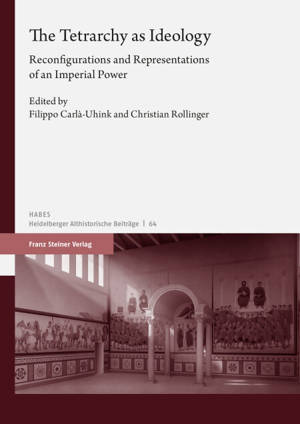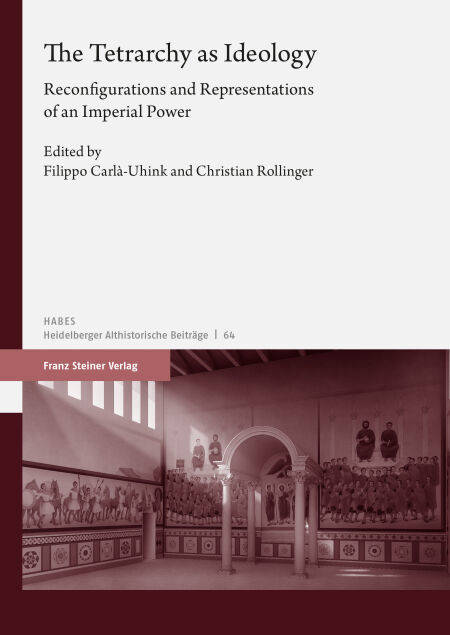
Bedankt voor het vertrouwen het afgelopen jaar! Om jou te bedanken bieden we GRATIS verzending (in België) aan op alles gedurende de hele maand januari.
- Afhalen na 1 uur in een winkel met voorraad
- In januari gratis thuislevering in België
- Ruim aanbod met 7 miljoen producten
Bedankt voor het vertrouwen het afgelopen jaar! Om jou te bedanken bieden we GRATIS verzending (in België) aan op alles gedurende de hele maand januari.
- Afhalen na 1 uur in een winkel met voorraad
- In januari gratis thuislevering in België
- Ruim aanbod met 7 miljoen producten
Zoeken
The Tetrarchy as Ideology E-BOOK
Reconfigurations and Representations of an Imperial Power
€ 68,00
+ 68 punten
Uitvoering
Omschrijving
The 'Tetrarchy', the modern name assigned to the period of Roman history that started with the emperor Diocletian and ended with Constantine I, has been a much-studied and much-debated field of the Roman Empire. Debate, however, has focused primarily on whether it was a true 'system' of government, or rather a collection of ad-hoc measures undertaken to stabilise the empire after the troubled period of the 3rd century CE. The papers collected here aim to go beyond this question and to present an innovative approach to a fascinating period of Roman history by understanding the Tetrarchy not as a system of government, but primarily as a political language. Their focus thus lies on the language and ideology of the imperial college and court, on the performance of power in imperial ceremonies, the representation of the emperors and their enemies in the provinces of the Roman world, as well as on the afterlife of Tetrarchic power in the Constantinian period.
Specificaties
Betrokkenen
- Uitgeverij:
Inhoud
- Aantal bladzijden:
- 382
- Taal:
- Engels
- Reeks:
Eigenschappen
- Productcode (EAN):
- 9783515134033
- Verschijningsdatum:
- 18/01/2023
- Uitvoering:
- E-book
- Beveiligd met:
- Digital watermarking
- Formaat:

Alleen bij Standaard Boekhandel
+ 68 punten op je klantenkaart van Standaard Boekhandel
Beoordelingen
We publiceren alleen reviews die voldoen aan de voorwaarden voor reviews. Bekijk onze voorwaarden voor reviews.








